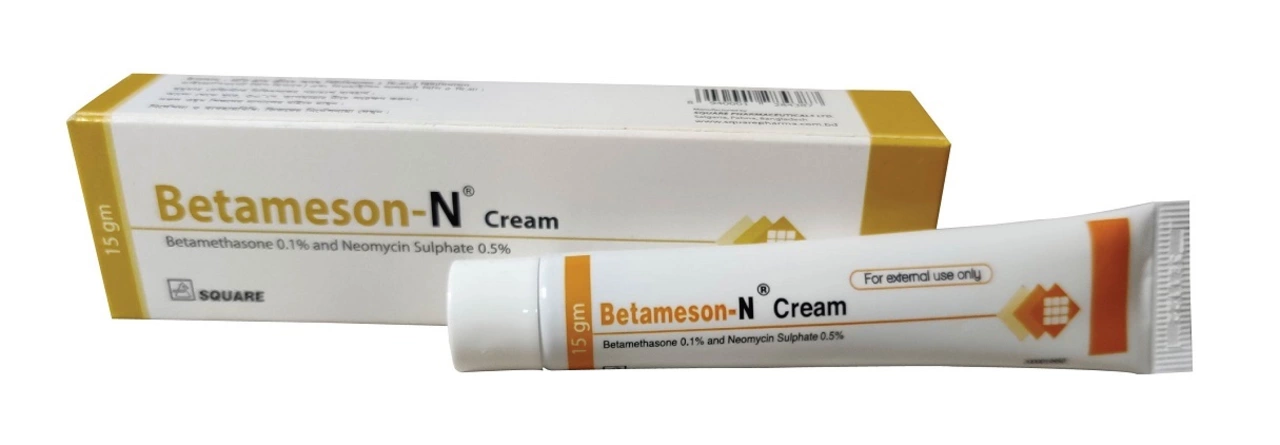Children’s Medicines and Safety — Simple, Practical Tips for Parents
Worried about doses, online orders, or which medicine is right for your child? You’re not alone. Parents face these decisions all the time. Below are straightforward, usable tips you can apply today — from giving the right dose to ordering safely online.
Giving Medicine at Home: dose, device, and timing
Always dose by weight when possible. If your pediatrician gives milligrams, convert to mL using the concentration on the bottle. Never guess. Use the dosing syringe or cup that came with the medicine — kitchen spoons are unreliable. For fever or pain, acetaminophen and ibuprofen are common choices, but the correct dose depends on your child’s weight and age. If you’re unsure, call your pediatrician or a pharmacist before giving anything.
Antibiotics must be finished unless your doctor says otherwise. Stopping early can let an infection return and lead to resistance. For inhalers or nebulizers, practice technique with your child so most of the medicine reaches the lungs. For eye drops or ear drops, follow the label and keep the treated area clean to avoid contamination.
Ordering Medicines Online: how to stay safe
Buying meds online can save time and money, but safety matters. Only use pharmacies that show a valid license, list a physical address, and provide a pharmacist phone number. Read real customer reviews and watch for unusually low prices — if it sounds too cheap, it might be counterfeit. For prescription meds, expect to upload or send a valid prescription from your doctor.
If you import medicine from another country, check local rules first. Some countries limit quantities or require special paperwork. Track your package and inspect the shipment when it arrives: correct label, intact seal, and no obvious damage. If anything looks off, don’t give it to your child and contact the pharmacy or your doctor.
When trying new medicines, watch your child closely for side effects: rashes, swelling, breathing changes, severe drowsiness, or persistent vomiting. These can be signs of an allergic reaction or serious problem. If you see any of these, seek emergency care right away.
Store all medicines locked and out of reach. Keep them in original containers with labels. Dispose of expired or unused drugs safely — many pharmacies have take-back programs.
Quick checklist: 1) Confirm dose by weight. 2) Use proper measuring device. 3) Only buy from licensed pharmacies. 4) Keep medicines locked and labeled. 5) Call your pediatrician for any worrying symptoms.
Got a specific question about a medicine your child takes — like asthma drugs, allergy meds, or antibiotics? Ask your pediatrician or call a pharmacist. Small questions now can prevent bigger problems later.

The role of pets in helping children with behavior disorders
As a parent of a child with behavioral disorders, I've witnessed firsthand how pets can play a vital role in helping children cope and manage their challenges. Not only do pets provide unconditional love and companionship, but they also teach responsibility and empathy. The bond that forms between a child and their pet can significantly reduce stress and anxiety, leading to improved behavior and emotional regulation. Additionally, pets can serve as non-judgmental and supportive companions, helping children develop social skills and confidence. In my opinion, pets can be invaluable therapeutic tools in the lives of children with behavior disorders.

The benefits of using betamethasone for skin conditions in children
As a parent, I've found that using betamethasone for my child's skin conditions has been a game-changer. This powerful corticosteroid cream has effectively reduced inflammation and itching, giving my little one much-needed relief. I noticed that their skin began to heal faster, and they were able to sleep better at night without constantly scratching. Another great thing about betamethasone is that it's available in different strengths, making it suitable for various skin conditions in children. Overall, I highly recommend giving betamethasone a try if your child is struggling with skin issues.
